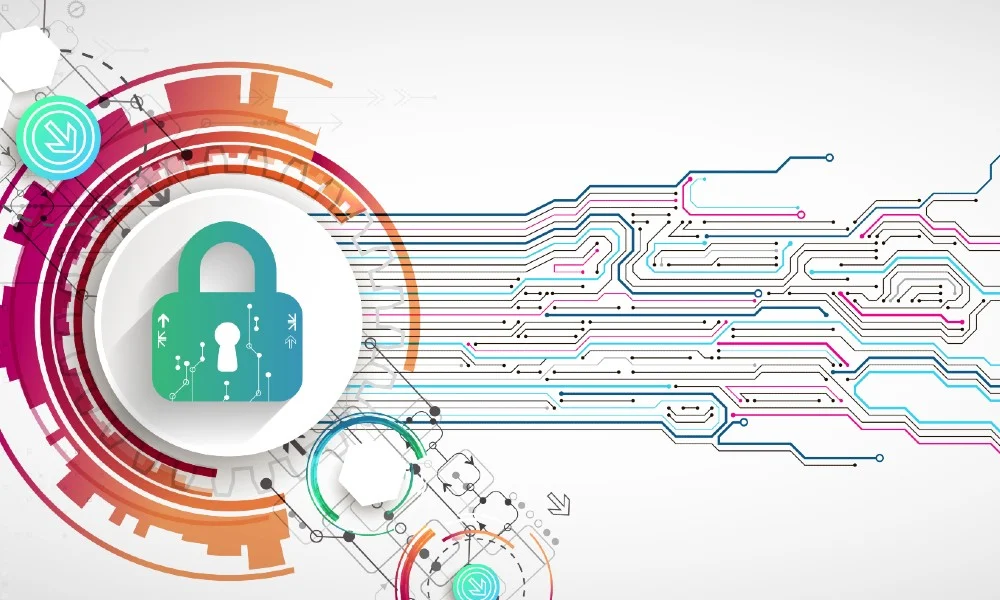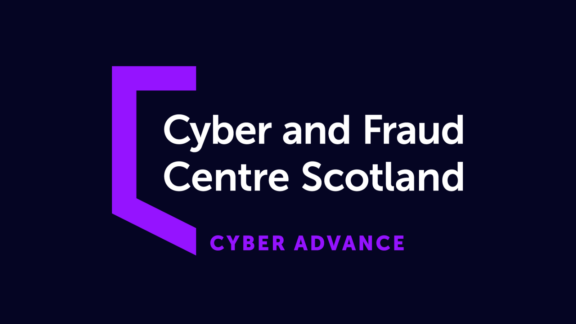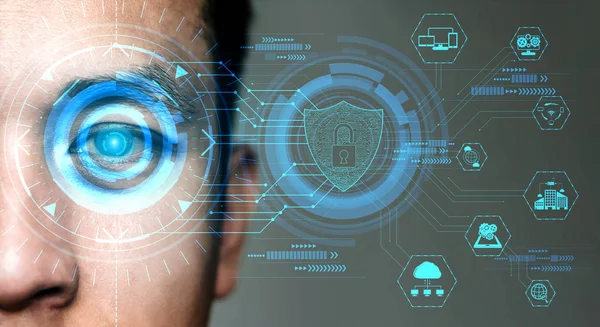Tag: Closed Door Security
-

Securing Artificial Intelligence and Machine Learning Systems from Attacks
Cybersecurity challenges in the age of digital transformation: Safeguarding your digital future
-

Cyber security Challenges in the Age of Digital Transformation
Cybersecurity challenges in the age of digital transformation: Safeguarding your digital future
-

Cyber Security in the Era of Internet of Everything
Cyber security in the era of internet of everything: Safeguarding the connected world
-

Deepfake Technology: Risks and Countermeasures in the Digital Age
Deepfake technology: Unveiling the risks and safeguarding digital integrity
-

The Rise of 5G Networks and the Impact it has on Cyber security
Unveiling the impact of 5G networks on cybersecurity: Securing the future of connectivity and data protection
-

Cyber and Fraud Centre – Scotland Expands Cybercrime Response Network
Scotland’s Cyber and Fraud Centre expands response network to combat cybercrime and fraud
-

How To Use Augmented Reality and Virtual Reality To Secure Digital Environments
Augmented reality and virtual reality: Revolutionising security in digital environments
-

Quantum Computing and Its Implications for Cyber Security
Building a secure future: Navigating cyber security regulations and compliance in the age of quantum computing
-

Building a Secure Future: Navigating Cyber Security Regulations and Compliance
Building a secure future: Navigating cyber security regulations and compliance
